HELLRAISER (2022)
A young woman struggling with addiction comes into possession of an ancient puzzle box, unaware of its sinister purpose...
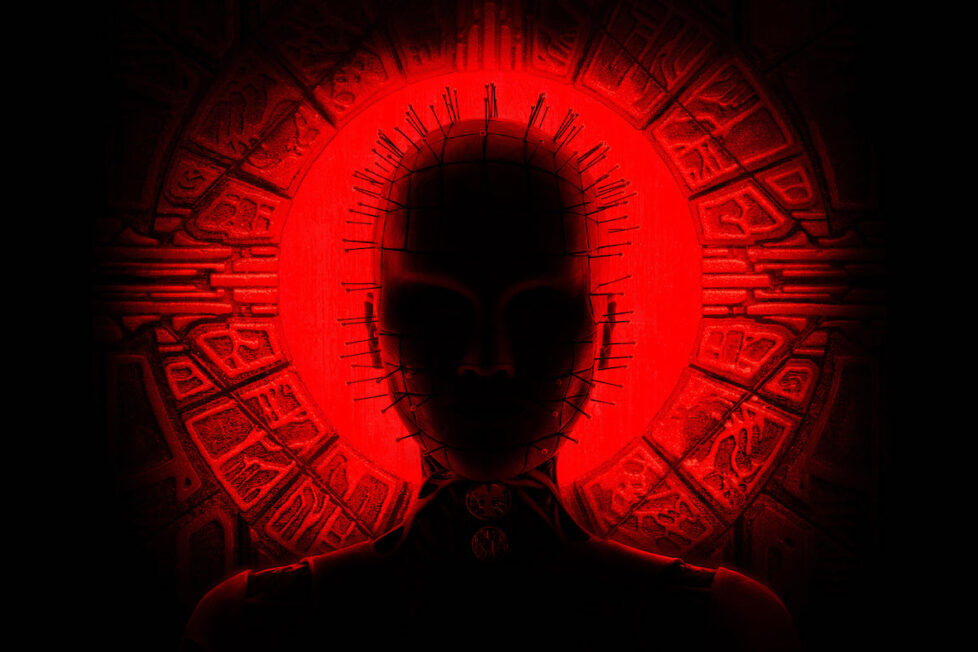
A young woman struggling with addiction comes into possession of an ancient puzzle box, unaware of its sinister purpose...


Clive Barker’s Hellraiser (1987) and to a lesser extent its direct sequel, Hellbound: Hellraiser II (1988), were transgressive horror films that came at the tail-end of the 1980s boom in slashers. Hollywood didn’t know what to do with such sick and twisted characters, so when Dimension Films got the rights and made Hellraiser III: Hell on Earth (1992) more accessible to casual horror audiences, it lost some of its boundary-pushing appeal. Hellraiser: Bloodline (1996) belatedly arrived as tastes were shifting to more fun self-aware horror, thanks to the success of Scream (1996), which sent the Hellraiser franchise into a nearly 30-year nosedive of six non-theatrical releases. And some of those even started life as unrelated screenplays the studio lazily added Pinhead and the Cenobites to in order to maintain rights.
Pinhead is one of the big icons of modern horror (alongside Jason Voorhees, Michael Myers, and Freddy Krueger) but his output’s inarguably the worst, so he’s overdue a transformative update to show 21st-century audiences what a bold vision Hellraiser can represent. And with horror in fine fettle, if perhaps playing things more highbrow with offerings like Midsommar (2019), I’m glad Pinhead is back to make audiences wince, gasp, and squirm in their seats. It’s just a shame it’ll be at home being interrupted by phone alerts, not in a dark auditorium mostly full of strangers.
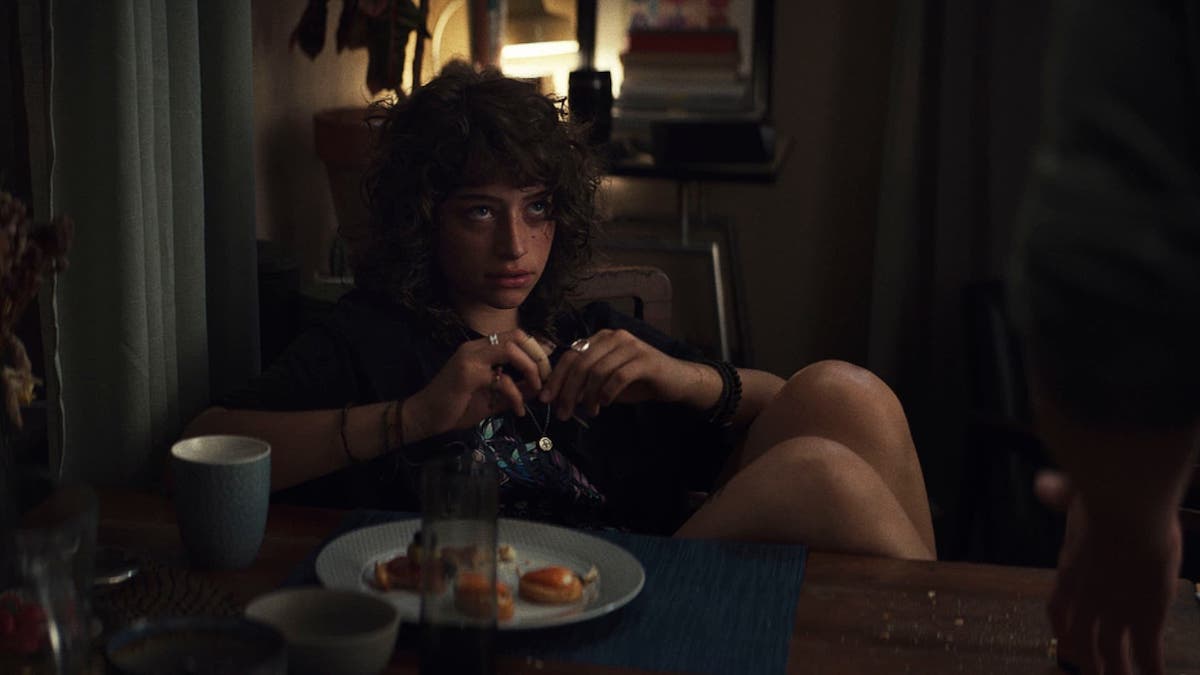
David Bruckner (The Night House) is the man behind this new Hellraiser, which essentilly takes the more interesting elements of the first two movies, blends them together, but improves on the overall formula in a number of clever ways. Riley McKendry (Odessa A’zion) is a recovering addict who lives with her brother Matt (Brandon Flynn), his boyfriend Colin (Adam Faison), and their roommate Nora (Aoife Hinds). One night, she and her own boyfriend Trevor (Drew Starkey) break into a storage container inside an abandoned warehouse and find the famous Lament Configuration puzzle box, which she casually starts to solve and unwittingly summons mutilated humanoid creatures from another dimension, led by Pinhead (Jamie Clayton).
A lot of the story will be familiar to Hellraiser heads, but there’s still a welcome sense of discovery thanks to unexpected changes The Night House writers Ben Collins and Luke Piotrowski make to the lore. In Barker’s original, the puzzle box was merely a way to contact the Cenobites for anyone crazy and kinky enough to think they’d offer the ultimate BDSM experience, often to their cost once they realise it’s more a hotline to hell and eternal torture. Hellraiser ’87 actually kept the Cenobites as a peripheral menace, being more of a twisted family drama about a terrible woman compelled to murder in order to resurrect her ex-lover and brother-in-law. Here, the box is more integral to the narrative and the story manages to put the Cenobites at the heart of things without overusing them. The box now shape-shifts into different configurations (each requiring a blood sacrifice to the Cenobites), which ends with a final form to grant you an audience with hell’s deity and have a wish granted.
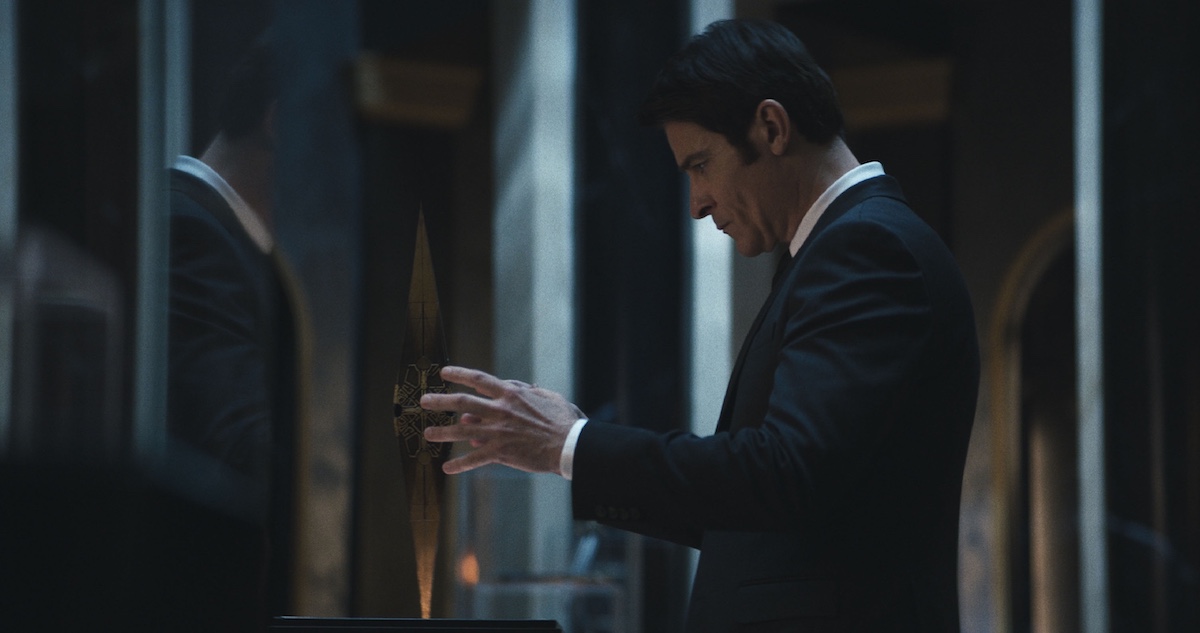
It’s a fantastic change to how things once were, as it ties things together better and even makes you believe someone would ever dare touch the infernal box because the ultimate reward could be so irresistible to someone down on their luck or addicted to high-risk rewards. The story also has a nice interplay between the rich and poor: Riley is a working-class woman struggling with drugs and often committing crimes to pay for her habit, and occultist Roland Voight (Goran Višnjić) is a middle-aged millionaire who initially has possession of the box and has transformed his Massachusetts mansion into a trap that snares partygoers. Both are addicted to different ill-advised things but are at opposing ends of modern American life.
The performances are decent, although if I’m honest the younger cast led by Odessa A’zion didn’t stand out to me above a few of the older cast members. The characters they’re playing are fairly generic and we’ve seen variations on them many times, although I did appreciate the ethnically diverse casting. But Goran Višnjić actually make a bigger impression on me than expected, as he’s having a lot of fun as the human villain of the story—in many ways a new version of the Dr Channard character from Hellbound: Hellraiser II, with a bit of the original’s Julia thrown in. I didn’t expect to like Višnjić as much as I did, but he’s effectively creepy and yet sympathetic because of his much his obsession over completing the box ruins his life and others.
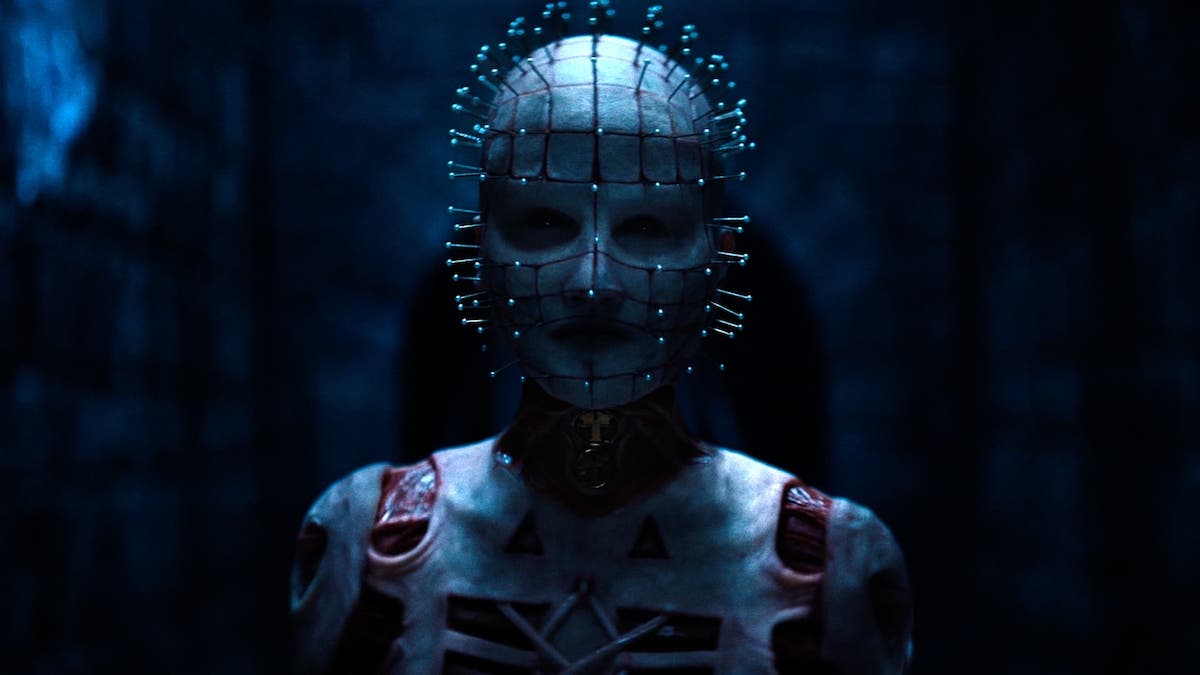
Jamie Clayton will certainly remain the major talking point, however. It’s a difficult thing to recast a horror icon and the only successful attempts have been for characters hidden behind masks (the Jasons and the Michaels), whereas ones with clearer personalities haven’t been as warmly embraced by fans (the Freddys and the Chuckys). Doug Bradley will remain the definitive Pinhead forever, I’m sure, but it was a masterstroke for the filmmakers to avoid the problem of the later sequels in trying to find another male actor to slip into his shoes. Here, they gender-flipped the ‘Hell Priest’ character and in a lot of ways avoided easily comparing Clayton’s performance to Bradley’s. The makeup design is also more elaborate and grotesque, being more of a full-body effort not hidden by black leather, and yet faithful to the image fans have in their heads of what Pinhead should resemble. Clayton being a transgender actress also works in the character’s favour somehow, as there’s a slight hint of androgyny that works well and more accurately reflects what Clive Barker intended in the source material, “The Hellbound Heart” short story. Her voice is particularly unnerving and it’s a relief to see a horror icon given new life in this way, with such a bold swing. Maybe Freya Krueger should be next?
Overall, Hellraiser is a definite success and takes this franchise in a promising new direction. It’s not tedious for those already steeped in the mythology, the changes are great and make more sense, there are no bad performances, the new Pinhead is both eerie and threatening, they’re not shy with the levels of gore, and the climax is nicely staged and keeps you guessing. Better still, there are a few ideas and visuals here that will lodge in your mind for a while afterwards. The only flaw is a slightly protracted runtime (this would have been much tighter and nastier with perhaps 20-minutes lopped off somewhere), and none of the young protagonists leapt off the screen as people I was completely invested in, but Hellraiser is otherwise one hell of a time.
USA • SERBIA | 2022 | 120 MINUTES | 2.39:1 | COLOUR | ENGLISH

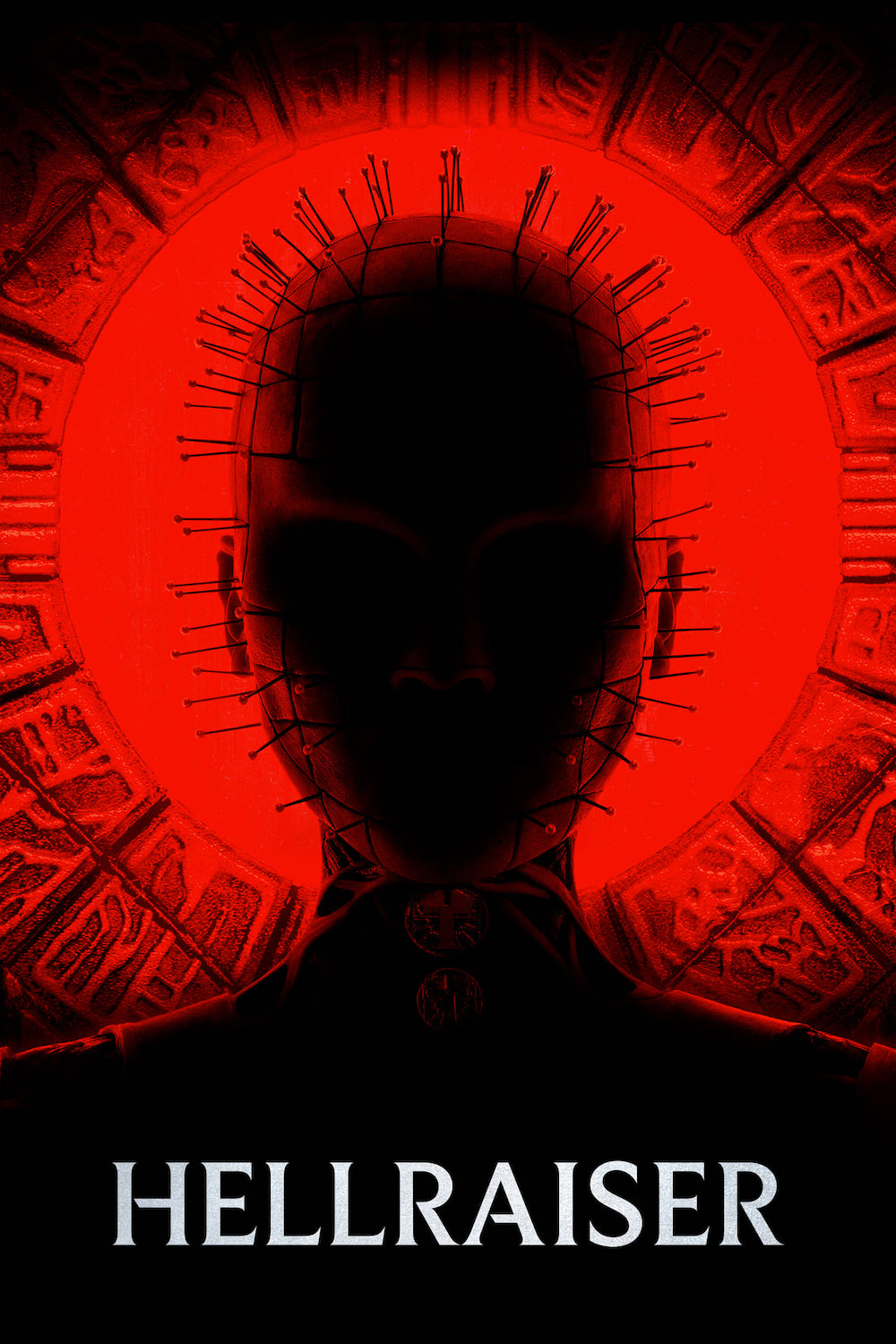
director: David Bruckner.
writers: Ben Collins & Luke Piotrowski (story by David S. Goyer, Ben Collins & Luke Piotrowski; based on ‘The Hellbound Heart’ by Clive Barker).
starring: Odessa A’zion, Jamie Clayton, Brandon Flynn, Goran Višnjić, Drew Starkey, Adam Faison, Aoife Hinds, Selina Lo & Hiam Abbass.
